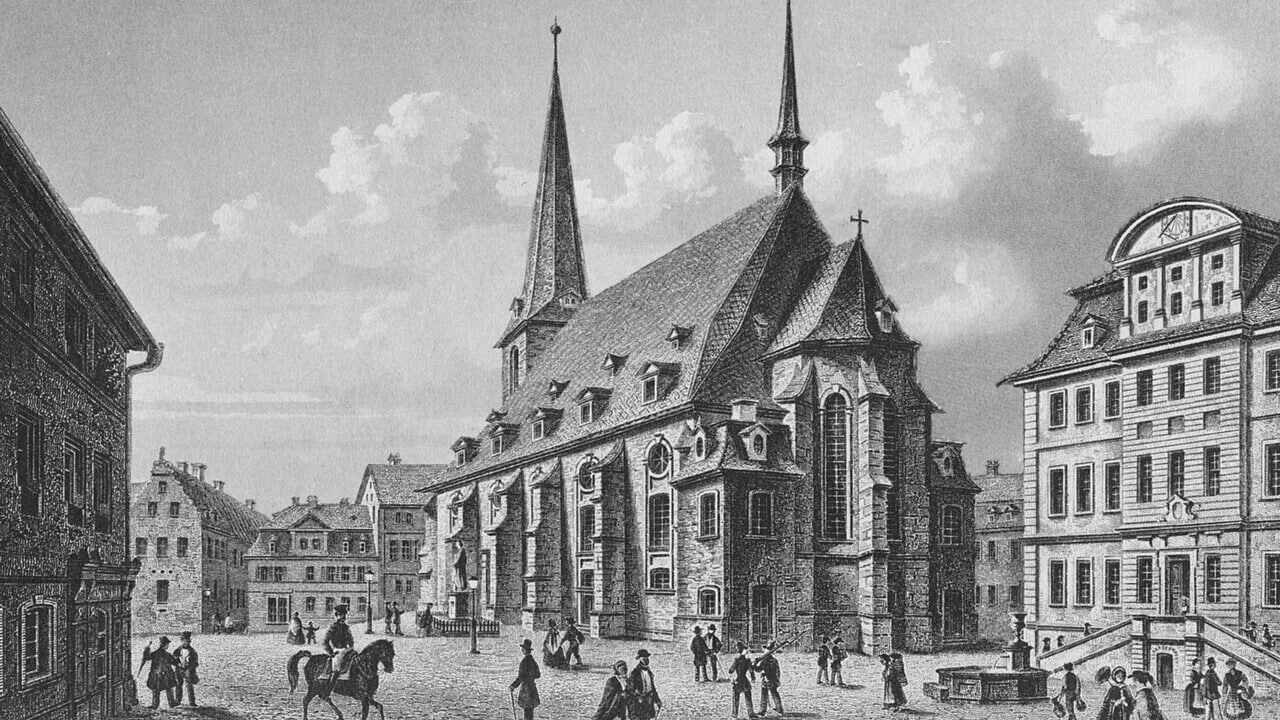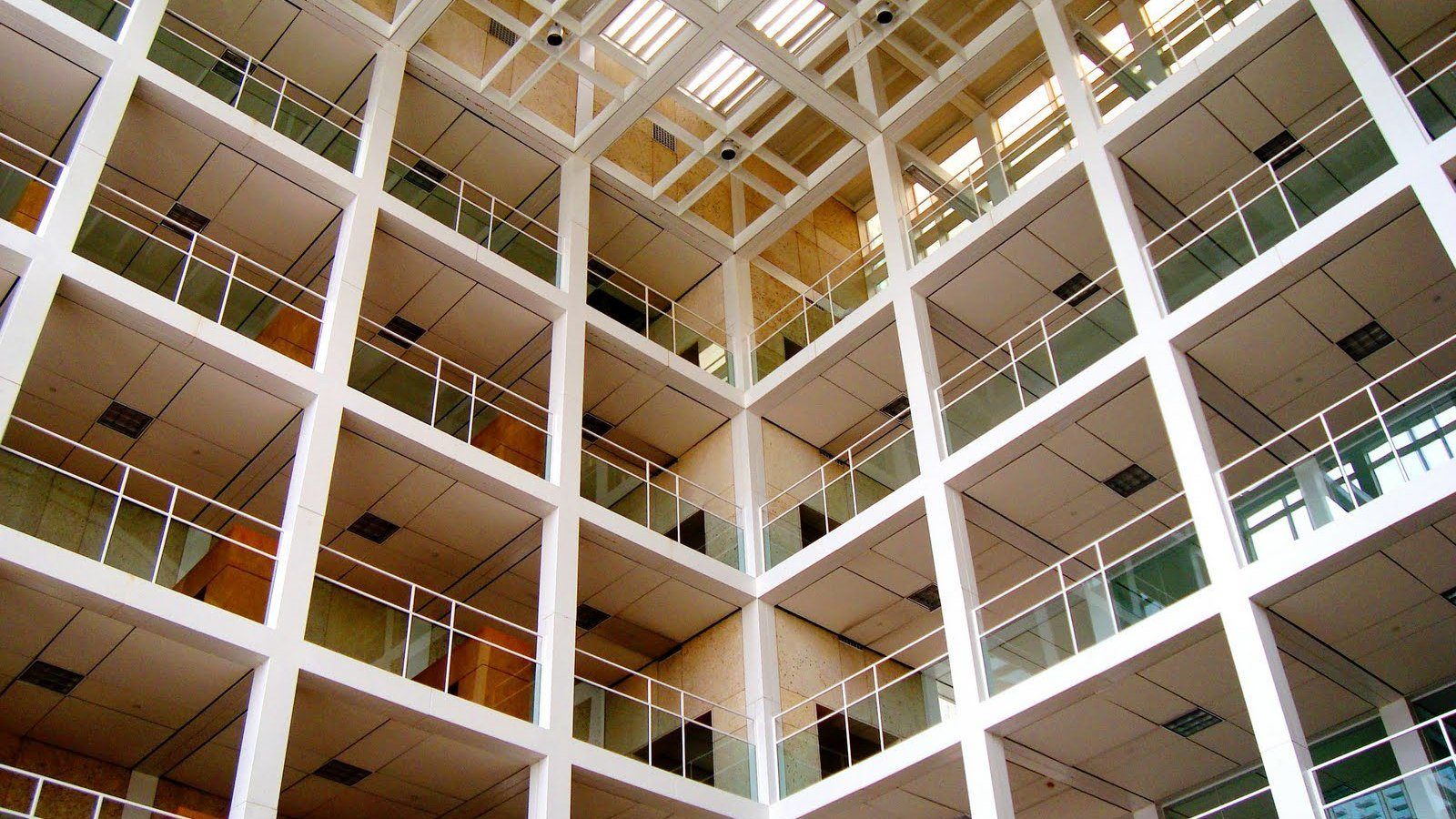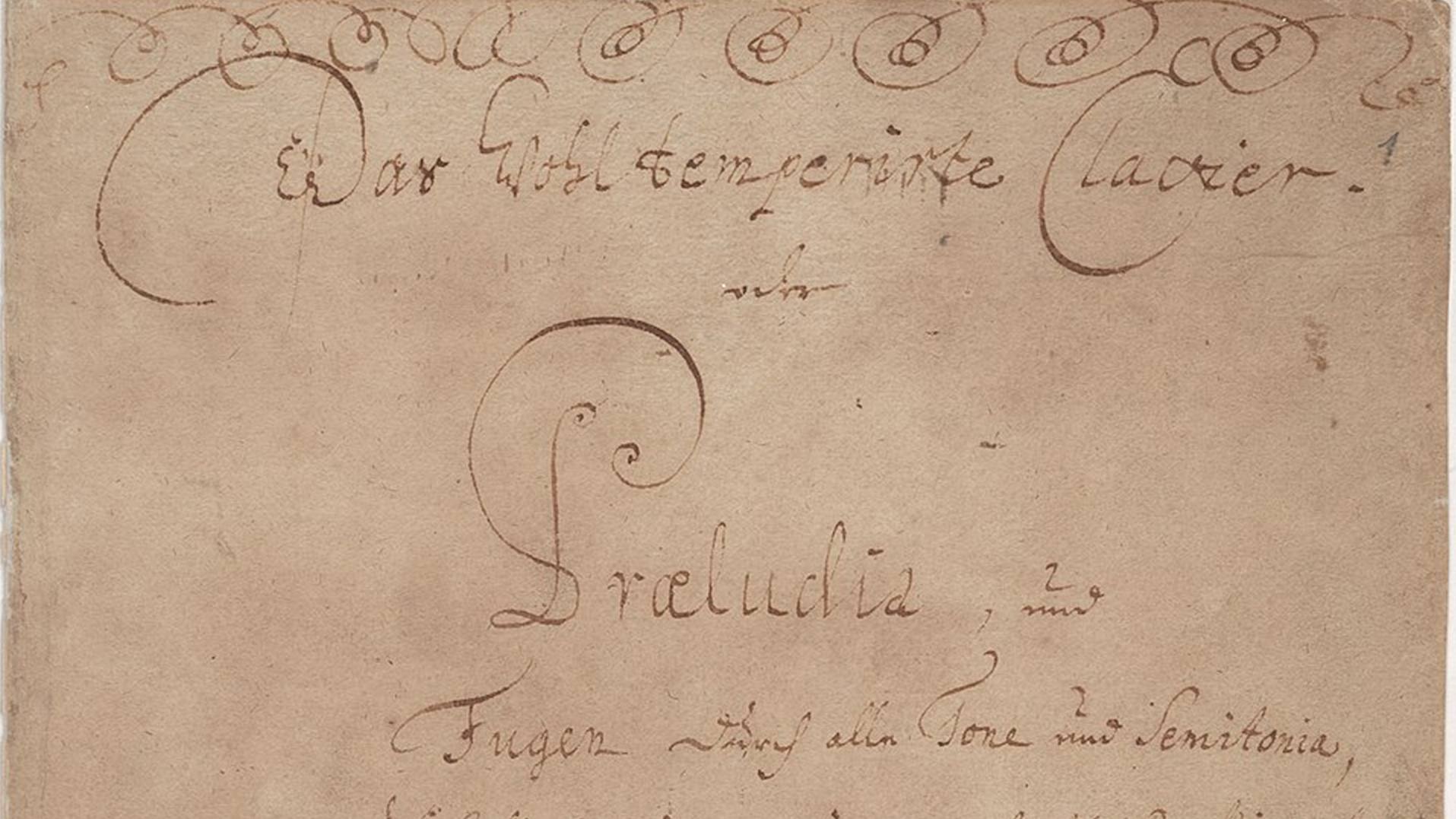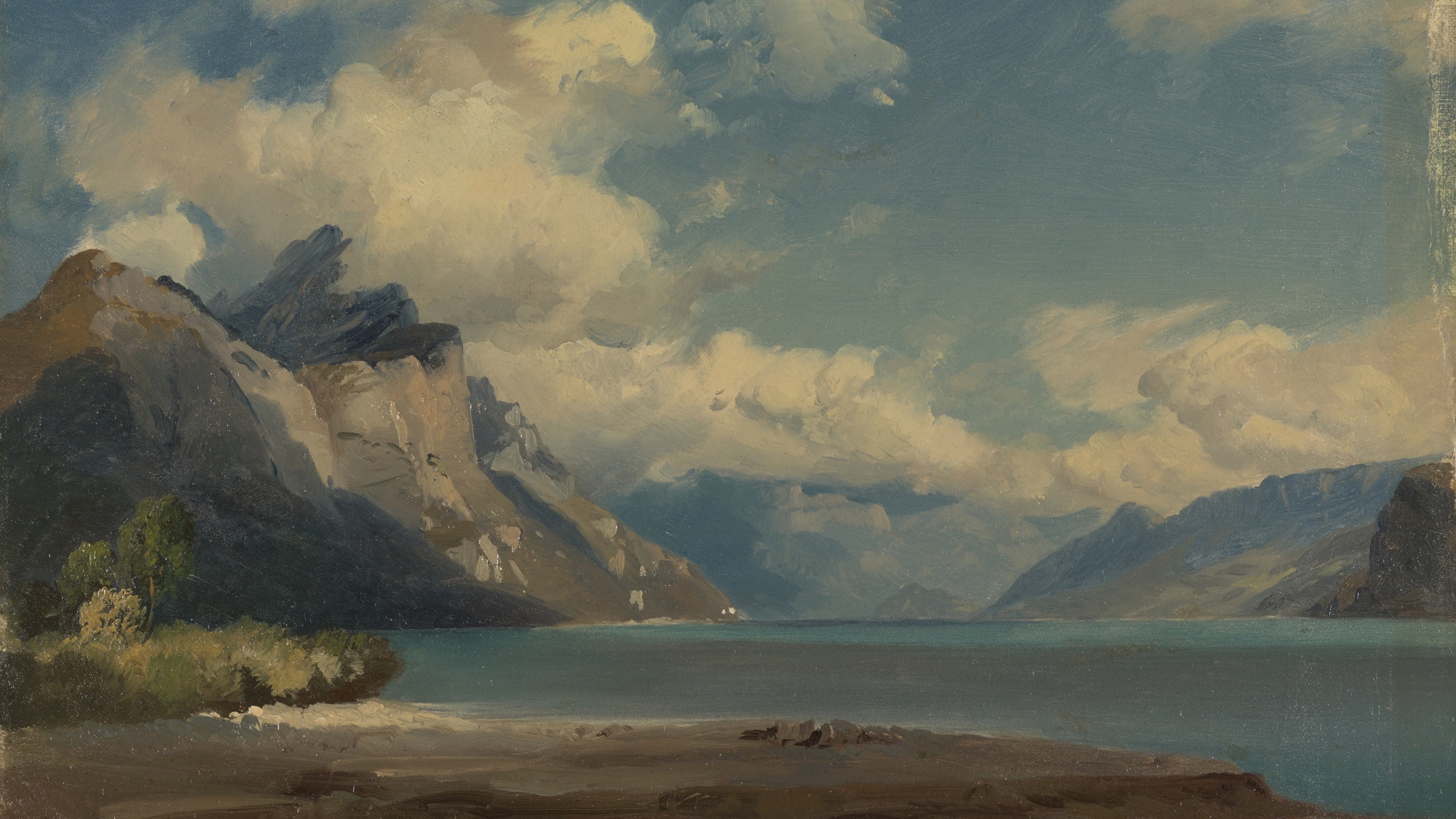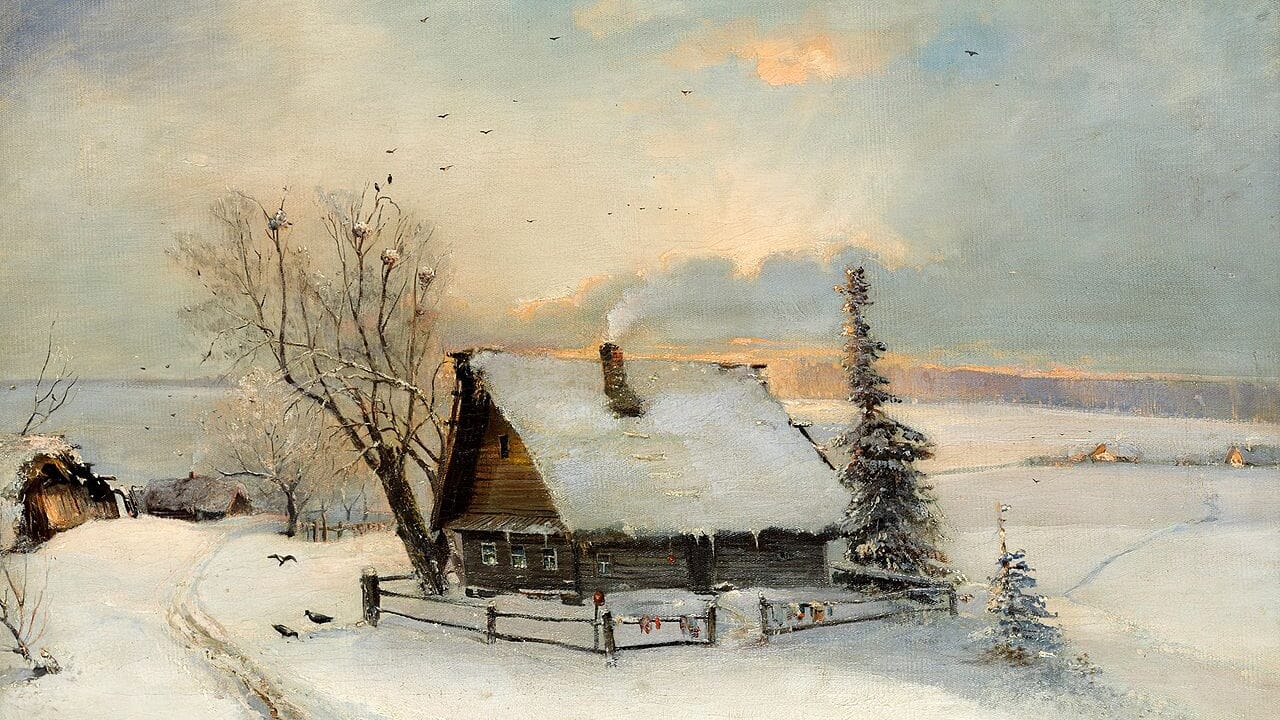Bach’s Prelude and Fugue in A Minor, BWV 543: “The Great”
It was during his youthful tenure in Weimar (1708-1713) that J.S. Bach composed the “Great” Prelude and Fugue in A minor, BWV 543. Only a few years earlier, the 20-year-old Bach walked north 200 miles to Lübeck to hear the celebrated organist, Dieterich Buxtehude, and “to comprehend one thing and another about his art.” The influence of Buxtehude’s style, along with the Italian music of Corelli, can be heard in BWV 543, …

